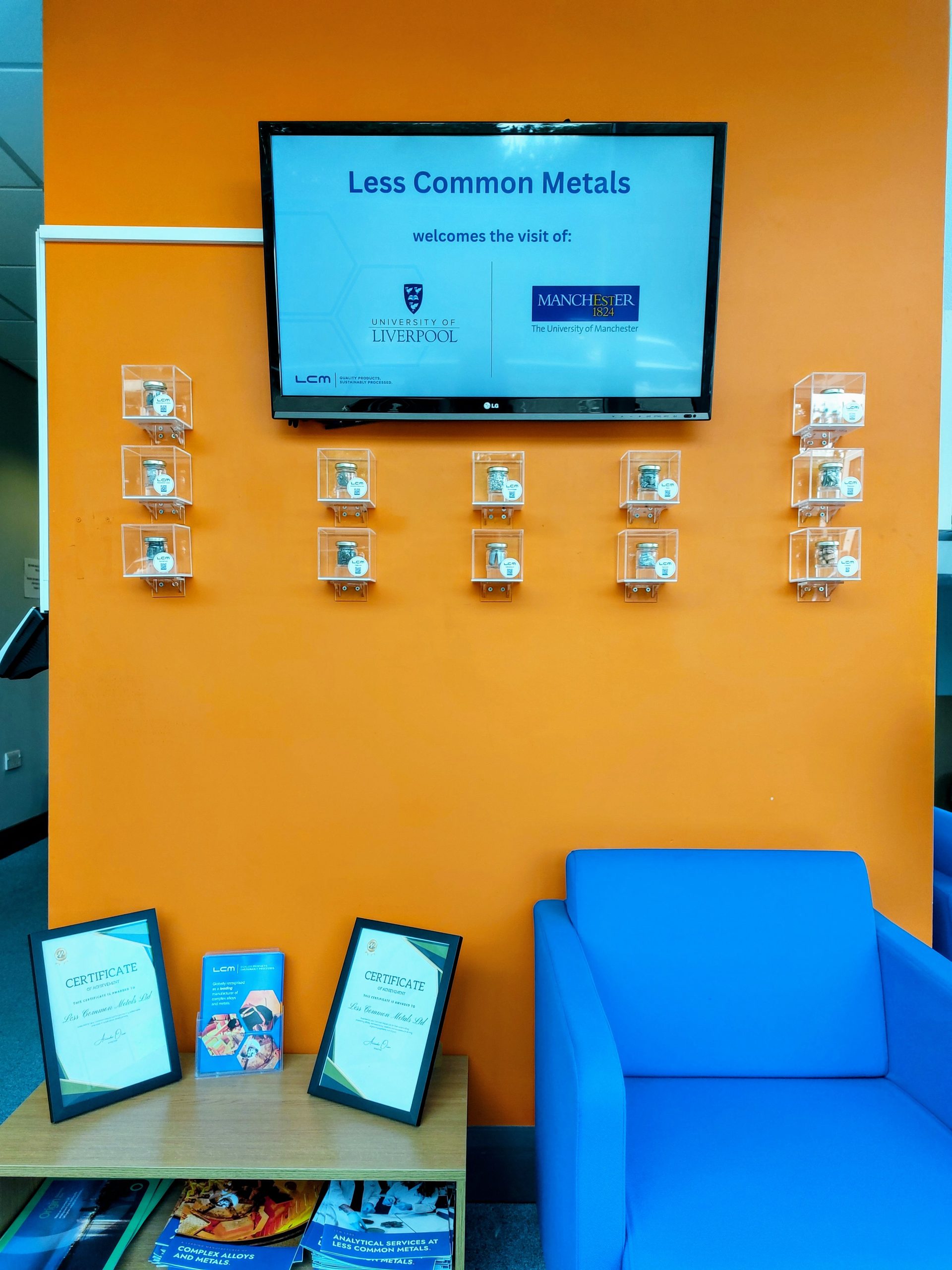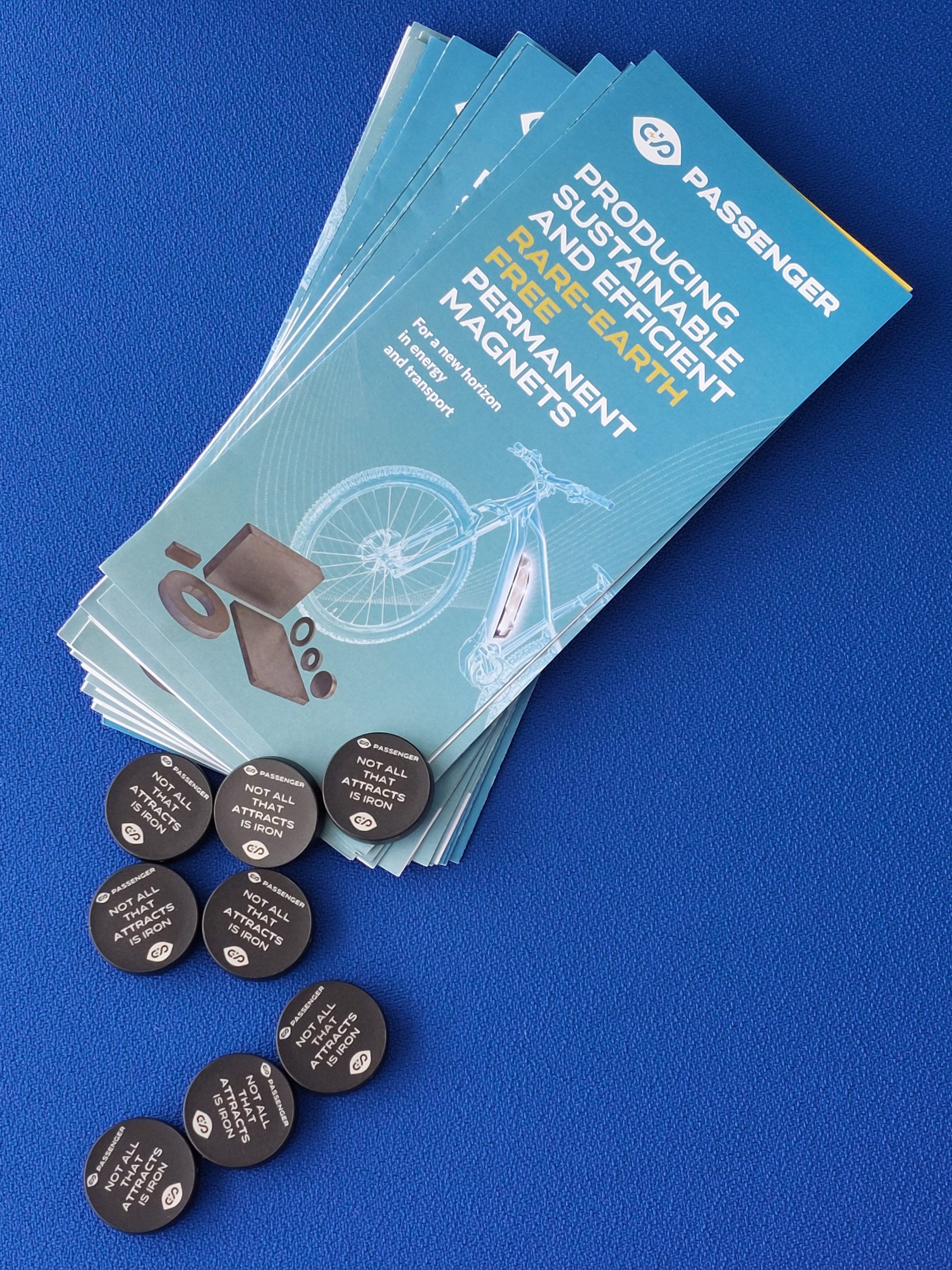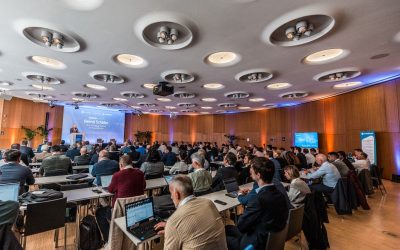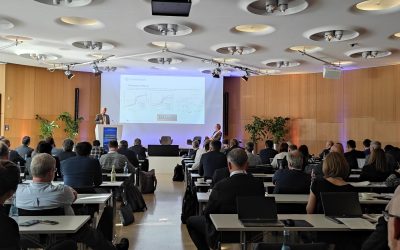On 18 July, Less Common Metals welcomed researchers from the University of Liverpool and the University of Manchester to discuss the latest developments and projects with particular emphasis on rare earth free permanent magnets, highlighting LCM’s role in the PASSENGER project.
LCM is the world leader in the manufacture and supply of complex alloy systems and metals, as well as the only rare-earth alloy producer in Europe which supplies alloys at the global level. LCM is also the only producer outside the Far East able to produce rare-earth metals and master alloys by fused salt electrolysis. The company has recently announced the expansion of their metal making capabilities to include Dy, Tb and DyFe.
Within the PASSENGER project, LCM leads the Pilot Plant 1, which aims to scale up fabrication of the Mn-Al-C alloy by casting to develop Mn-Al-C permanent magnets, supporting Europe’s transition to a sustainable and resilient supply chain for critical raw materials.
Less Common Metals, world leader in the manufacture of alloys by casting technologies, uses unique processing technologies and routes to produce Mn-Al-C powder. Along with METALPINE (specialised in metal powder production by gas-atomization), IMA and TUDA, they are working towards the upscaled fabrication of the Mn-Al-C alloy.
This event served as a platform to showcase technical progress and foster collaboration between local industry and academic stakeholders as we tackle the challenges of sustainable innovation. The day opened with a keynote from LCM’s Senior Process Engineer, Dr. Nik Tankov, on developing sustainable rare-earth free permanent magnets, a pressing topic as the world seeks to reduce dependency on critical raw materials. He also presented the PASSENGER project and LCM’s involvement in it. Dr. Leo Zhidong from the University of Liverpool then presented his work on advanced 3D printing for functional and smart materials. After a collaborative networking lunch, guests joined a guided tour of LCM’s facility, gaining insight into the processes behind their specialist alloys and materials. The afternoon continued with talks from Dr. Peng Gong (University of Manchester), who presented her work on hydrogen embrittlement in steels. Followed by Dr. Elisabetta Mariani (University of Liverpool) highlighting the Materials Innovation Factory which is part of the University of Liverpool, and her research on characterisation of critical raw materials and their sources.
For more information about LCM’s work in the PASSENGER Project, visit: PASSENGER Pilot Plant 1 – Less Common Metals.






